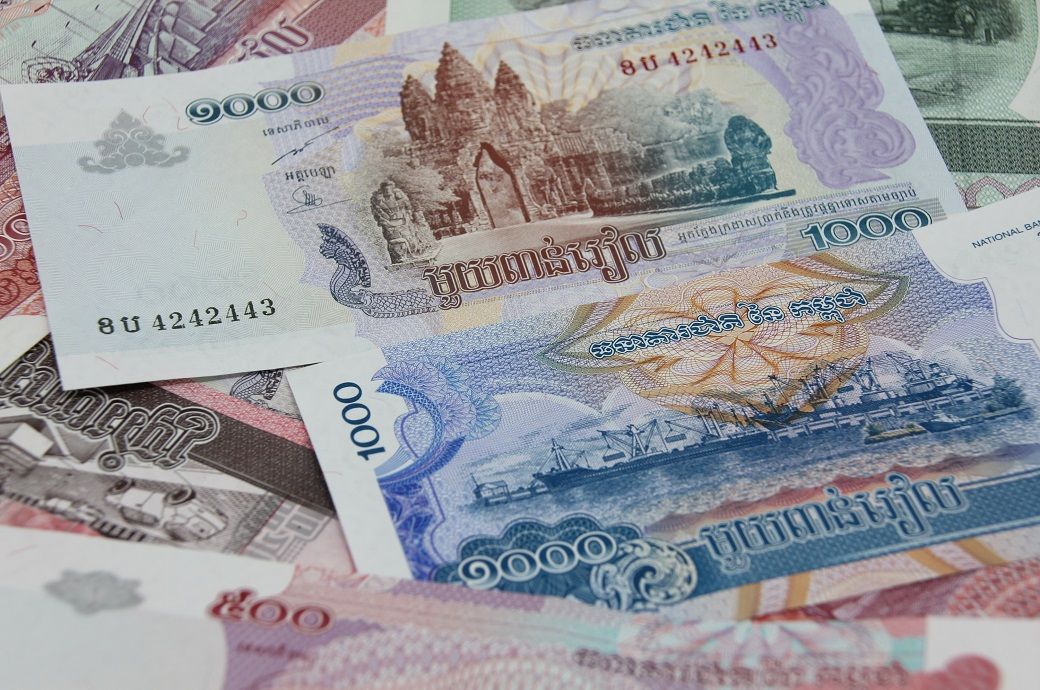
Inflation surged, following significant increases in fuel costs, and export orders for H2 2022 have weakened. Despite the new pressures, the recovery is projected to continue, IMF said after completing its Article IV Mission to Cambodia.
Inflation is expected to peak this year, be lower in 2023, and decline further thereafter, assuming it remains mostly confined to imported goods. Uncertainty around the outlook is particularly high, and risks are tilted to the downside. The most pressing risks are from rising private debt, conditions in key large economies, and inflation.
Spending pressures and lower-than-expected tax revenue resulted in a fiscal deficit of just over 7 per cent of GDP in 2021. The deficit is expected to narrow to just over 4 per cent of GDP in 2022 with a strong bounce-back in revenues, widen somewhat in 2023, and decrease further thereafter.
Public debt-carrying capacity remains vulnerable to further shocks to exports and growth, but risks of external and overall debt distress remain low, so long as public debt is constrained in the future and the increase in private debt is not associated with an increase in contingent liabilities of the sovereign.
IMF directors encouraged the National Bank of Cambodia to rein in credit growth by gradually restoring monetary conditions to pre-crisis levels. They saw merit in normalising prudential conditions to pre-pandemic settings with heightened supervision and readiness to raise provisioning requirements. Directors also underscored the importance of implementing corporate insolvency, debt and bank restructuring, and deposit protection frameworks.
The directors noted the importance of policy frameworks to ensure resilience over the longer term. They encouraged efforts to enhance spending efficiency and strengthen revenue mobilisation, including by broadening the tax base and rationalising exemptions. A debt anchor in nominal terms, combined with an overall deficit ceiling, would provide a credible framework, particularly as Cambodia seeks to develop a market for sovereign debt. The recent issuance of the first domestic government bond is a welcome development.
Directors underscored the importance of complementary structural policies to support strong, inclusive growth. They also emphasised the need for structural measures to boost productivity to help raise living standards and to durably restore external balances, given the pegged nominal exchange rate. They also underscored the importance of improving data quality through capacity development and encouraged the authorities to build on recent efforts to strengthen climate adaptation and mitigation.
Fibre2Fashion News Desk (NB)